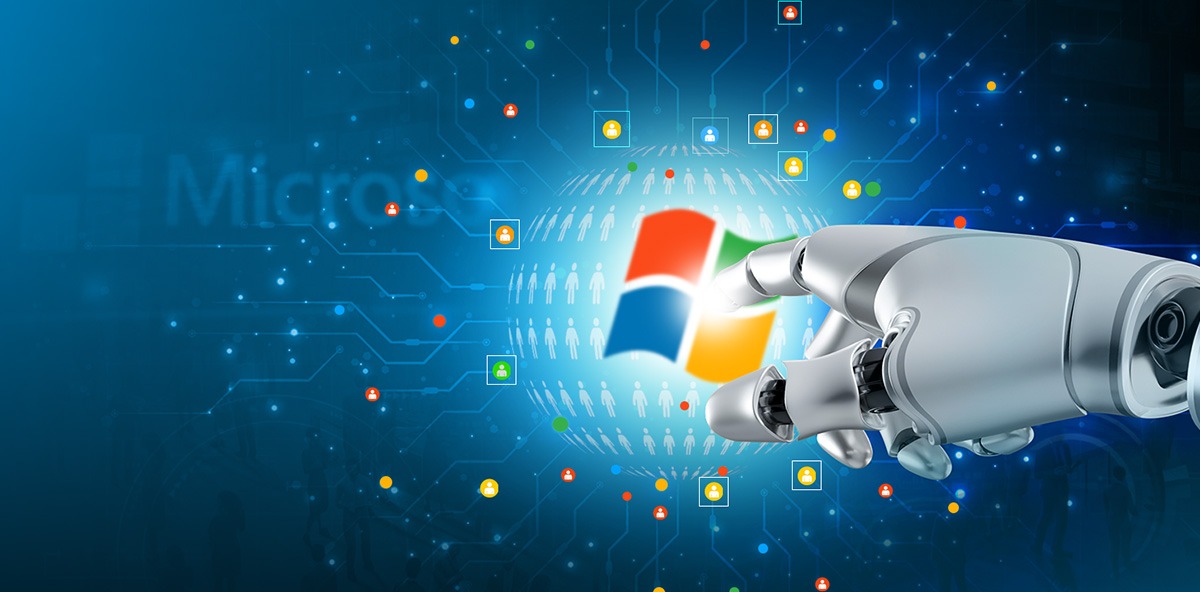Glossary - What is - Loyalty Management
What is Loyalty Management?
Loyalty management involves strategies and practices aimed at developing and maintaining lasting relationships with customers or partners by rewarding engagement and loyalty to a brand or company. This approach typically includes the implementation of loyalty programs that offer rewards, perks, and incentives designed to encourage repeat business and deepen customer commitment. Effective loyalty management helps companies increase customer retention, boost customer lifetime value (CLV), and strengthen brand advocacy.
In today’s competitive marketplace, especially within extensive partner ecosystems, loyalty management is critical. It ensures that customers and partners remain engaged and appreciated, which in turn drives continued business success. Automation tools play a vital role in managing these programs efficiently, ensuring participants receive timely rewards and communications that reinforce their loyalty. Watch our video on empowering partner ecosystems through collaboration, loyalty, and automation.
Key Takeaways
- Loyalty Program Design and Implementation: Designing effective loyalty programs that align with both business objectives and customer expectations is crucial. Programs might include point systems, tiered rewards, exclusive memberships, or special discounts. Automation tools facilitate the implementation and management of these programs, ensuring consistency and accessibility. Read our article on loyalty programs.
- Personalization of Rewards: Personalizing rewards and communications based on customer behavior and preferences enhances the effectiveness of loyalty programs. CRM systems can track customer activities and preferences to tailor rewards and offers accordingly.
- Customer Engagement and Interaction: Regular engagement through personalized communications, special offers, and customer appreciation events keeps loyalty high. Automation enhances the management of these interactions, ensuring timely and relevant engagement.
- Data Analysis and Program Optimization: Continuously analyzing the data collected from loyalty programs helps in understanding what works and what doesn’t. This insight allows businesses to refine their strategies and improve program effectiveness. Automated analytics tools provide these insights by tracking program participation and impact.
- Multi-channel Integration: Implementing loyalty programs across multiple channels ensures a seamless customer experience, whether the interaction is online, in-store, or through a partner. Automation tools help integrate these channels, providing a unified approach to loyalty management.
Summary of Takeaways
Loyalty management is essential for nurturing long-term relationships with customers and partners, encouraging repeat business, and fostering brand loyalty. Companies can effectively manage loyalty through strategic program design, personalization, active engagement, ongoing analysis, and multi-channel integration. Automation plays a crucial role in scaling these efforts and ensuring their success across diverse customer bases and markets.
Key Examples
- Automotive Manufacturing: A loyalty program that offers exclusive maintenance services and discounts on new car purchases for returning customers.
- Consumer Electronics: Reward points for every purchase that can be redeemed for discounts on future purchases or exclusive access to new products.
- Energy Production: Special incentives for long-term customers to adopt sustainable energy solutions, like solar panel installations.
- Financial Services: Tiered rewards programs for clients based on the volume of transactions or investment size.
- Food and Beverage: A points system where frequent purchases translate into free items or discounts at participating locations.
- Healthcare Services: Rewards for patients who consistently choose a particular healthcare provider or service.
- Information Technology: Incentives for businesses that consistently use a company’s IT services or products.
- Pharmaceutical Development: Loyalty programs for healthcare providers that frequently prescribe or recommend specific medications.
- Retail Industry: Customer loyalty cards that offer discounts, special shopping hours, or exclusive sales events.
- Telecommunications: Bonus data or service upgrades for long-term subscribers.
Conclusion
Effective loyalty management is vital for maintaining competitive advantage and achieving sustainable business growth. Automation enhances this process by enabling efficient program management, ensuring that loyalty programs are as rewarding for customers as they are beneficial for the business.
Associated Keywords:
- Customer Retention Strategies
- Loyalty Program Automation
- Engaging Loyalty Rewards
- Multi-Channel Loyalty Systems
- Personalized Customer Rewards
















